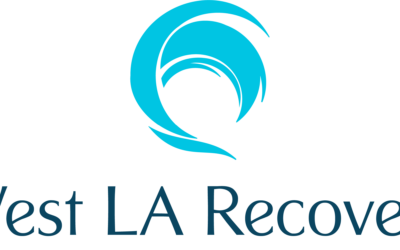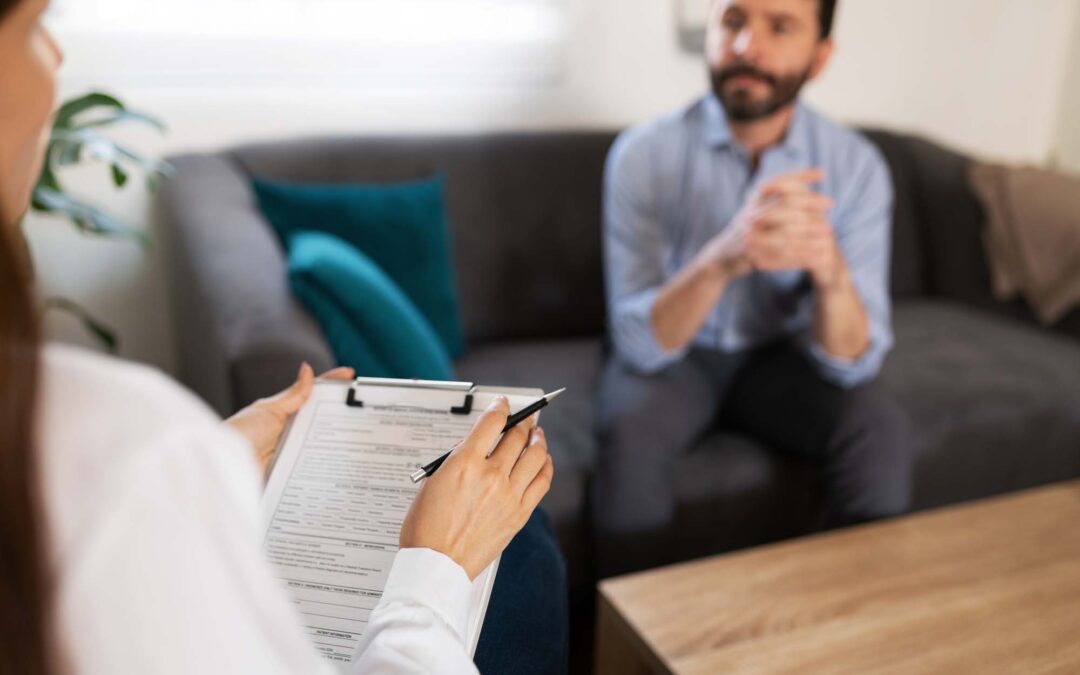Dating in Recovery

Dating during recovery presents unique challenges that require careful navigation and self-awareness. Your journey to sobriety has equipped you with valuable tools for personal growth, and these same tools can help you build healthy romantic relationships.
Common Dating Challenges in Recovery:
- Explaining your sobriety to potential partners
- Managing social situations without alcohol
- Dealing with triggers and cravings
- Balancing recovery commitments with dating
- Setting appropriate boundaries
Past relationship patterns often reflect the behaviors and dynamics of active addiction. Taking time to address these patterns through therapy or counseling helps break destructive cycles and creates space for healthier connections.
Building Trust and Communication:
- Be honest about your recovery journey
- Practice active listening
- Share feelings and needs clearly
- Respect your partner’s boundaries
- Take things slowly
Your recovery comes first – rushing into relationships can destabilize your progress. Focus on developing genuine connections based on mutual understanding and respect. Consider dating others in recovery who understand your journey, or partners who support your commitment to sobriety.
Remember that healthy relationships require both partners to maintain their individual identities and support systems. Keep attending meetings, working with your sponsor, and prioritizing your recovery program while exploring new romantic connections.
Intimacy in Sobriety
Rebuilding intimate connections in sobriety requires patience, self-awareness, and emotional vulnerability. Physical and emotional intimacy take on new dimensions when experienced with a clear mind and present awareness.
Rebuilding Trust with Yourself
- Practice self-care routines that reconnect you with your body
- Learn to identify and express your emotions without substances
- Develop comfort with physical touch through non-sexual activities
Many individuals in recovery discover that genuine intimacy feels unfamiliar or overwhelming. These feelings are natural – your brain is learning to process connection and pleasure without chemical interference.
Creating Healthy Boundaries
- Set clear limits around physical and emotional availability
- Communicate your needs and expectations openly
- Respect your partner’s boundaries and recovery journey
- Take physical intimacy at a pace that feels comfortable
Physical intimacy in sobriety brings unique challenges. Your body’s natural responses might feel different, and emotional reactions may be more intense. Working with a therapist can help you navigate these changes while maintaining your recovery.
Building Emotional Safety
- Share your recovery story when you feel ready
- Practice active listening with your partner
- Express appreciation for small moments of connection
- Allow vulnerability to develop naturally
Remember that intimacy extends beyond physical connection. Building emotional safety and trust creates a foundation for deeper, more meaningful relationships in recovery. It’s also essential to incorporate strategies like relapse prevention, which can provide a strong foundation for lasting sobriety while navigating the complexities of intimate relationships.
Relationships in Recovery
Building healthy relationships during recovery requires careful consideration and self-awareness. Many addiction specialists recommend waiting at least one year into sobriety before pursuing romantic relationships. This waiting period allows you to focus on personal growth and establish a strong foundation for your recovery.
Perspectives on Dating in Recovery
- Some individuals find strength in connecting with others who understand the recovery journey
- Others prefer dating non-addicts to create distance from substance use environments
- Support groups often caution against early relationships that might distract from recovery goals
Healthy relationships can strengthen your sobriety through:
- Emotional support during challenging times
- Accountability partnerships
- Shared commitment to sober activities
- Growth-oriented conversations
Unhealthy relationships pose significant risks:
- Enabling behaviors
- Codependency patterns
- Emotional triggers
- Stress-induced cravings
Maintaining Supportive Relationships
- Set clear boundaries around substance use
- Practice open communication about recovery needs
- Engage in sober social activities together
- Build a network beyond romantic relationships
- Prioritize recovery meetings and therapy appointments
Your recovery journey benefits from relationships that respect your sobriety, support your growth, and understand your commitment to maintaining a substance-free lifestyle. Creating connections with people who share your values and respect your recovery goals strengthens your path to long-term sobriety.
Avoiding Relapse Through Relationships
Relationships play a crucial role in your recovery journey. Strong, healthy connections can serve as protective barriers against relapse, while challenging relationships might trigger old patterns and cravings. Understanding how to support a loved one in addiction treatment can also be beneficial.
Relationships as Relapse Prevention Tools
- Regular check-ins with trusted partners
- Shared commitment to sober activities
- Built-in accountability system
- Emotional support during difficult times
These aspects of relationships can significantly aid in relapse prevention, providing the necessary support and structure during recovery.
Red Flags to Watch For
- Partners who pressure you to drink or use substances
- Relationships that trigger intense emotional instability
- Codependent dynamics, which can negatively affect family relationships
- People who don’t respect your recovery boundaries
- Individuals who minimize your sobriety journey
Building a Support Network
Professional guidance can help you navigate relationship challenges while maintaining sobriety. Consider:
- Working with addiction counselors who specialize in relationship issues
- Attending couples therapy with your partner
- Participating in support groups focused on sober dating
- Developing personalized strategies for managing relationship stress, especially if you’re dealing with dependent personality disorder
Remember that relationship challenges are normal in recovery. The key lies in recognizing potential triggers such as codependency and addressing them before they escalate into relapse risks. Professional support provides you with tools and strategies to maintain both healthy relationships and your sobriety.
West LA Recovery: Your Partner in Sobriety

At West LA Recovery, we understand the complexities of building healthy relationships while maintaining sobriety. Our experienced team provides specialized support and guidance for individuals navigating the challenges of dating in recovery.
We offer a range of services including:
- Individual counseling focused on relationship dynamics
- Group therapy sessions addressing intimacy concerns
- Professional guidance for establishing healthy boundaries
- Support systems for maintaining long-term recovery
Your journey toward meaningful relationships doesn’t have to be a solo endeavor. Our compassionate staff is here to help you develop the skills and confidence needed to create lasting, healthy connections while staying committed to your recovery goals.
Ready to explore dating in recovery with professional support? Contact us to learn more about our programs designed for your success.







